* Quotes from an article by Mark Rolands & used with permission from John Berry.
Some of the images below are from Paul Bank’s video on YouTube
(see our Thanks page for a link to it)
Mark McNulty took the iconic double fronted picture of Eastern Bloc
Eastern Bloc was established in 1985 by John Berry, Paul Ireland, Mick Power & Martin Price (808 State) all four were from Bolton and it was Martin Price’s brainchild. John Berry was the organiser, book keeper.
“We started off in a stall in Afflecks Palace, on the second floor,” says Eastern Bloc co-founder John Berry who has managed the store since it opened in November 1985. “It was very small. We had £2000, went over to Red Rhino, which was part of the Rough Trade organisation in York, spent it, came back and built these really crappy record racks out of wood and just started trading out of a tin, no till or anything like that.
Our stock was just of the time, what Rough Trade were doing. There was no dance product. It was indie stuff, rockabilly, psychobilly, Crass, Flux Of Pink Indians, reggae, On U Sound. We would just try and stock things that other people didn’t have.
We weren’t trying to take over the world by running a record shop, we were all on the dole doing bugger all. The first two years we didn’t make very much money. Then Afflecks Arcade opened and we took the front unit there, on Oldham Street, in 1987.” *
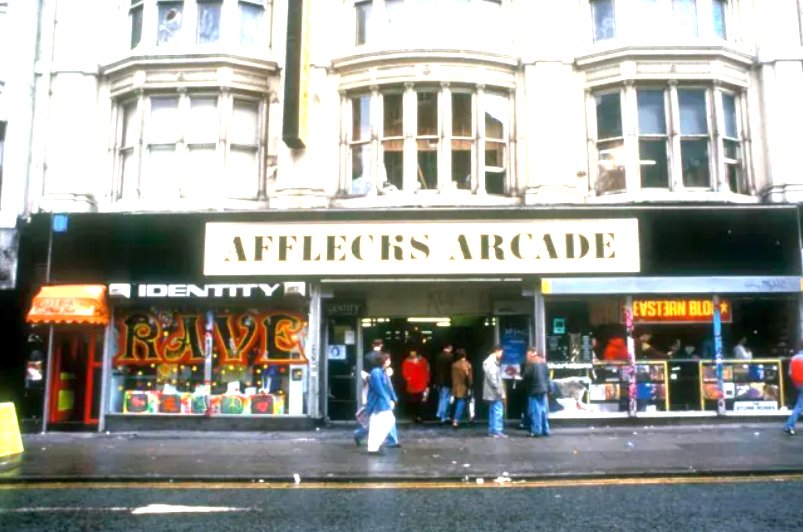
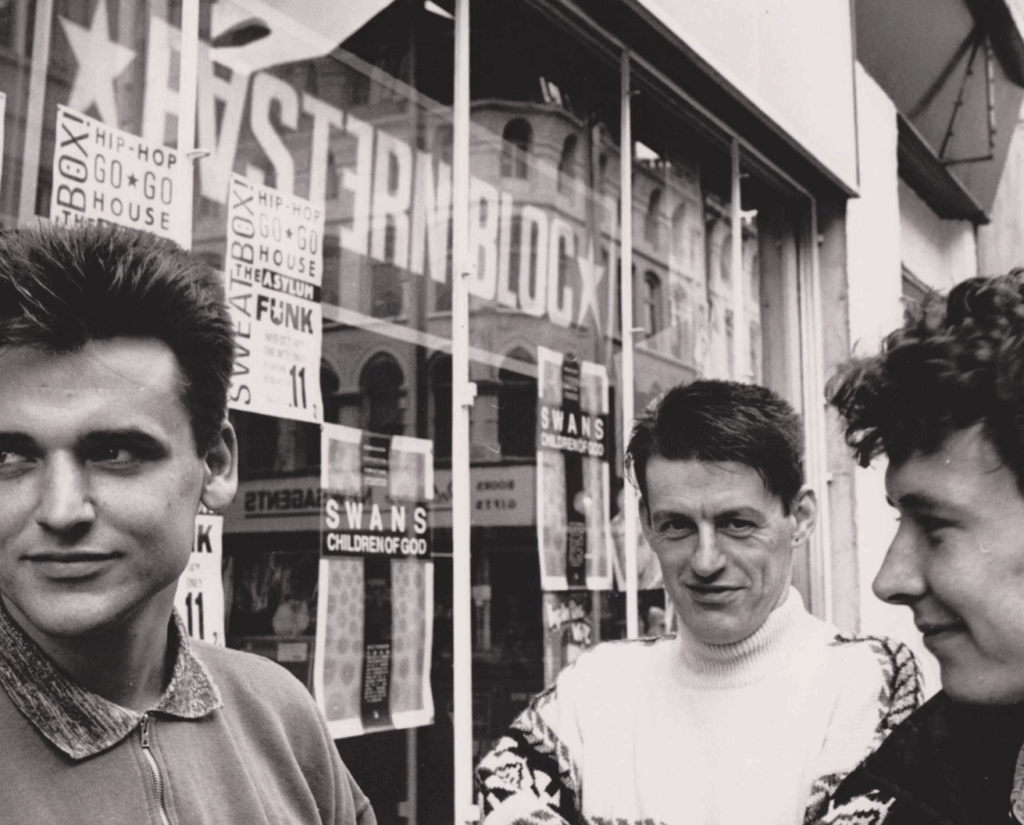
John Berry and Martin Price along with new member of staff Mark Ward (the first to join after the original founders) couldn’t have picked a better time or a better place to move the business.
With its willingness to cross musical boundaries, Eastern Bloc was perfectly positioned to supply all facets of the music exploding in Manchester and help to coalesce it into one, not so easily identifiable scene.
“It started to grow really with the Madchester thing,” says Berry. “We started to get some press. The first thing was A Flux Of Pink Indians record called ‘The Fucking Cunts Treat Us Like Pricks’ and the sleeve was very explicit, arty drawings of fannies and cocks. *
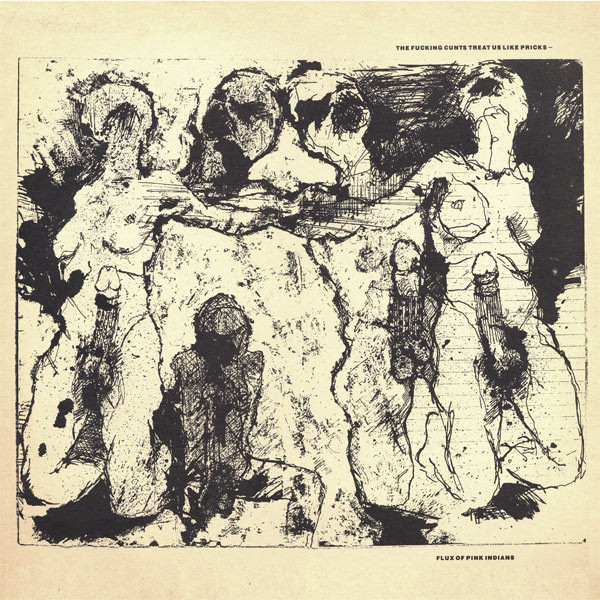
We put it up in the window of the shop and didn’t think anything of it. (Then Chief Police Constable) James Anderton did. He took us to court for pornography and tried to make us remove it. Rough Trade and the label wanted us to defend it in court, but it was possible we might lose, so we didn’t.” *
The next real major thing to happen was Andy Madhatter came in. He was a van driver for Record Imports who used to sell all these American imports to Spin Inn. They had the market cornered on that stuff in 1987. Their shop was so small and it was very cliquey what they did. They’d only get a couple of copies of each thing in and you had to be in with them in order to get a copy. They would charge £10 a record, whereas we were on Rough Trade prices, 30% mark up on a record. Andy got pissed off with them, I think maybe they’d started to buy off other people and he just came to us one day and said why don’t you start selling this stuff?” *
“It was very early days, nobody really knew House music. There was some early Chicago stuff, some vocals and some fucked up Acid stuff on Trax. We thought, fucking hell, alright, we’ll try some of this. We all got really into it and started to push it. The scene started to grow. The guys who couldn’t get the one or two copies that were in Spin Inn eventually started coming to us, because we used to just order tonnes of it in comparison. Stu Allan would play these tracks on the radio and people would be pissed off because they couldn’t buy them anywhere. So we grabbed that market.” *
“The older DJs were more friends with Spin Inn, but the new school DJs, people like Tom Wainwright, Jon DaSilva especially, Laurent Garnier, they were the ones who came to us. *
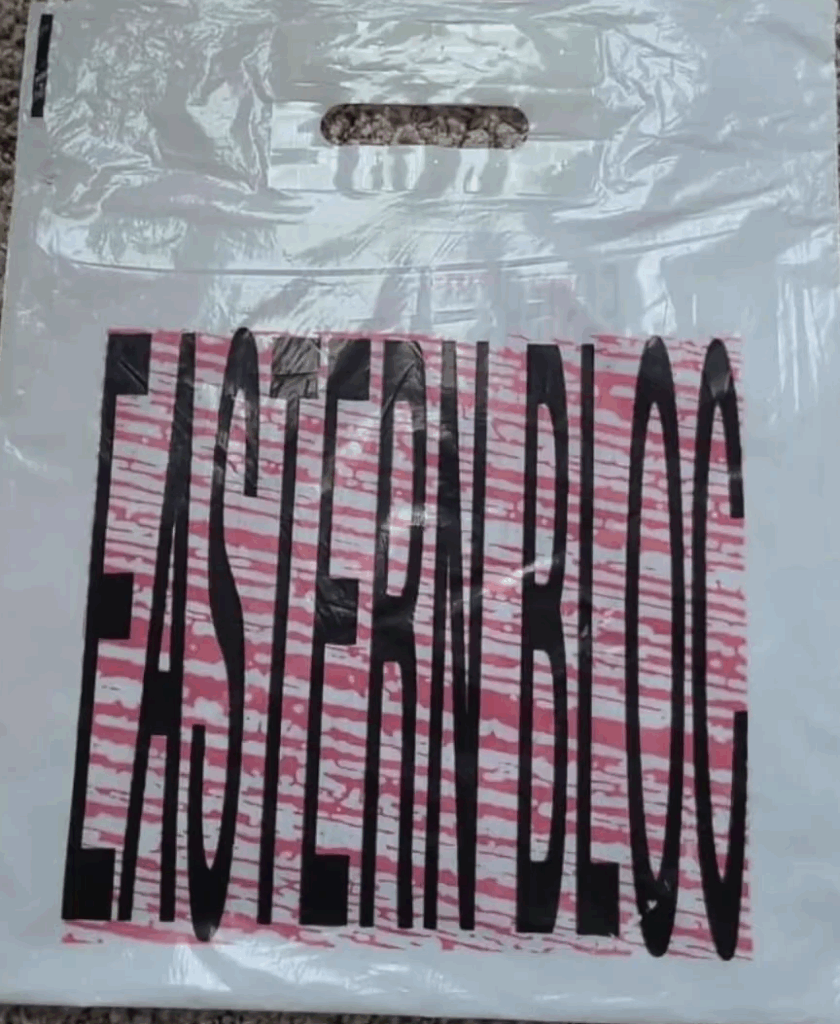
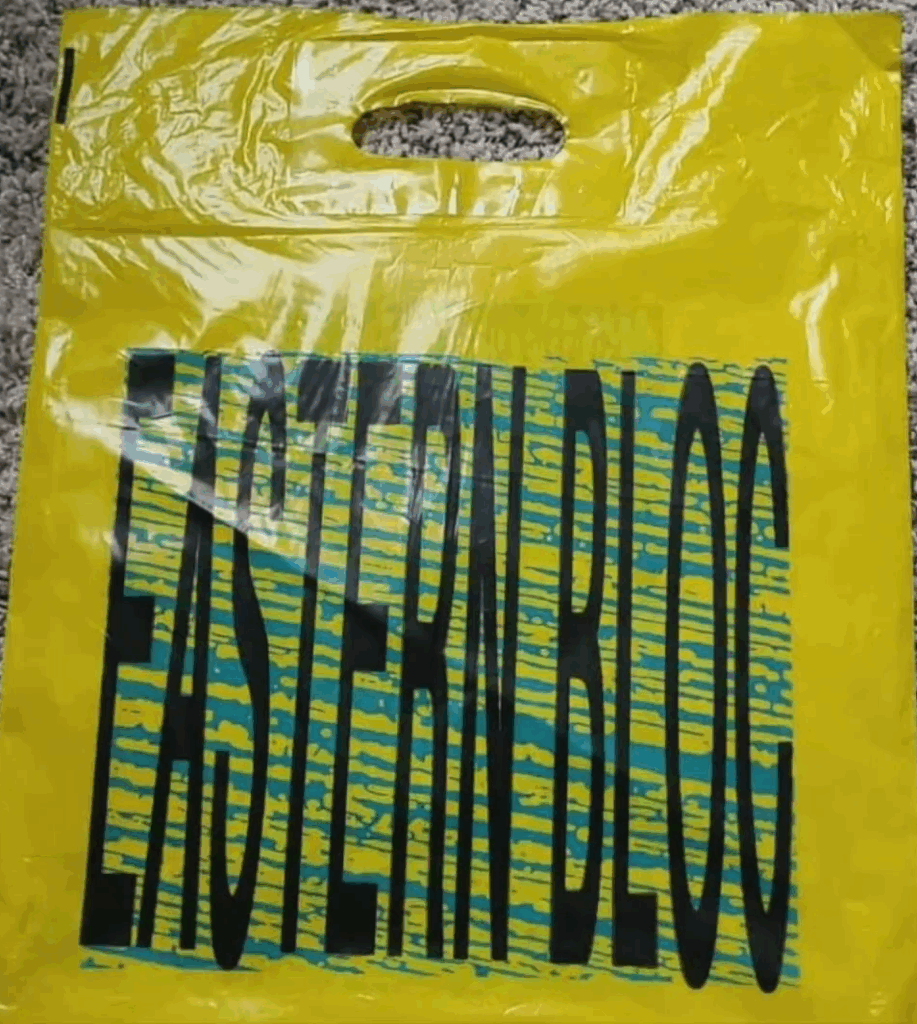
Mike Pickering and Graeme Park used to come in the shop, but their priority was getting stuff from Spin Inn. Although having said that, I remember Mike Pickering coming in one day, we’d just had a shipment from Italy. We used to deal direct with (Italian label/distributors) Flying, and there were two black label records in there. No information on them, didn’t know what they were. We played it and thought ‘it’s gonna be big this’. And Mike just happened to be there, so I gave him one and it turned out to be Black Box ‘Ride On Time’, which he signed. We tried to sign it as well, but he got there 48 hours before us and he earned a fortune out of it, ha!” *
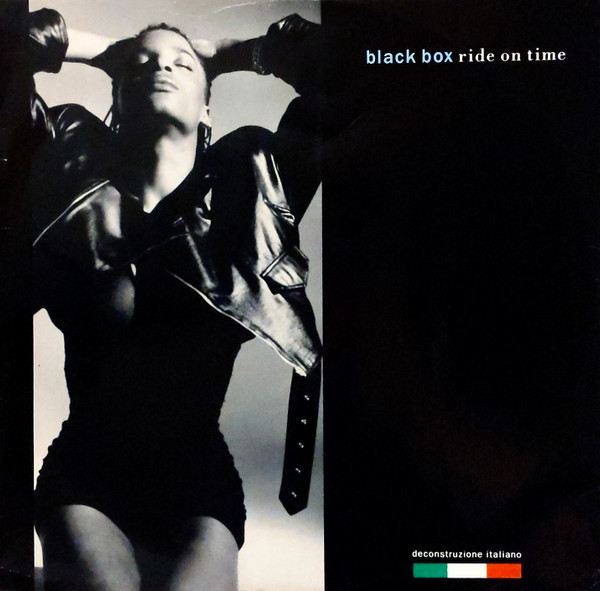
The amount of records Eastern Bloc was shifting may have been large, beyond all previous imaginings, but on one instance their popularity wasn’t nearly enough of a guarantee for one former member of staff. Not seen in the store since the early 90s, he took it upon himself to guarantee exclusive sales of The Stone Roses single released that day by super gluing the locks on the doors of Eastern Bloc’s then closest rival. They were unable to open until the afternoon, by which time Eastern Bloc had sold hundreds of copies. *
Eastern Bloc’s surge in popularity after their move to the Oldham Street side of Afflecks Arcade warranted the arrival of more staff. Co-founders Nick Power and Paul Ireland had left, so in addition to John Berry, Mark Ward and Justin Robertson, store staff during the late 1980s and early 1990s would include Andy Ellis, Rae Donaldson, Mike Kirwin (Mike E Bloc), Nick Grayson and Guy Oldhams. *
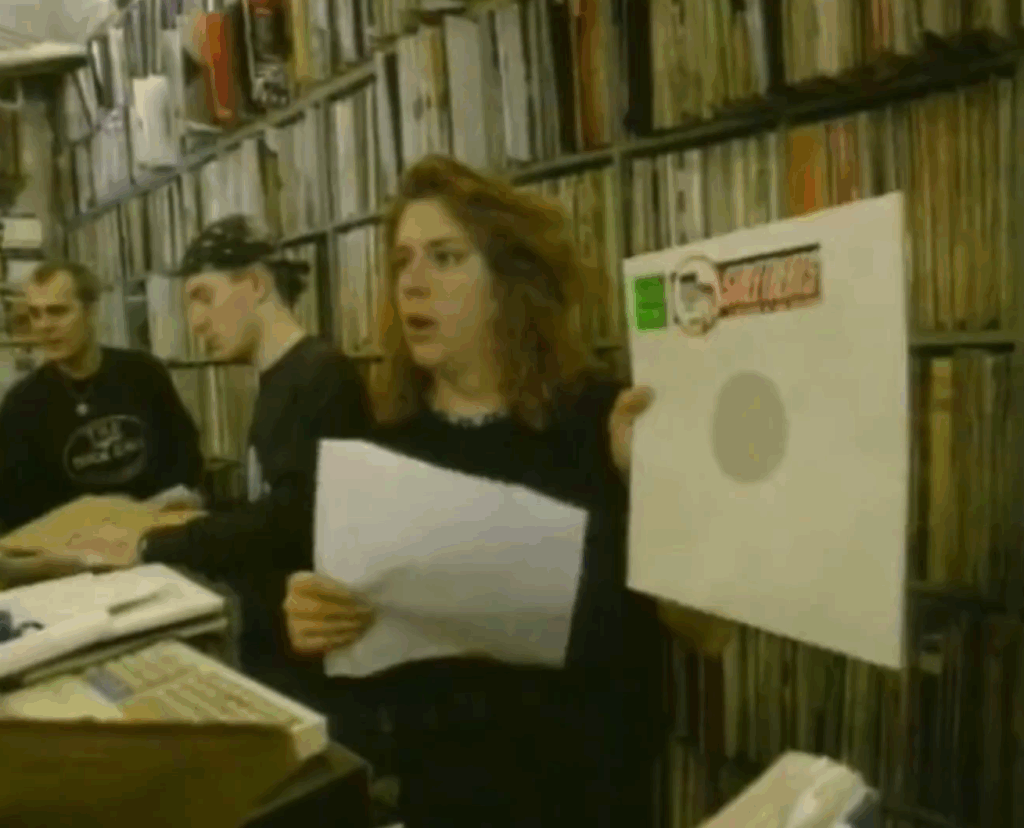
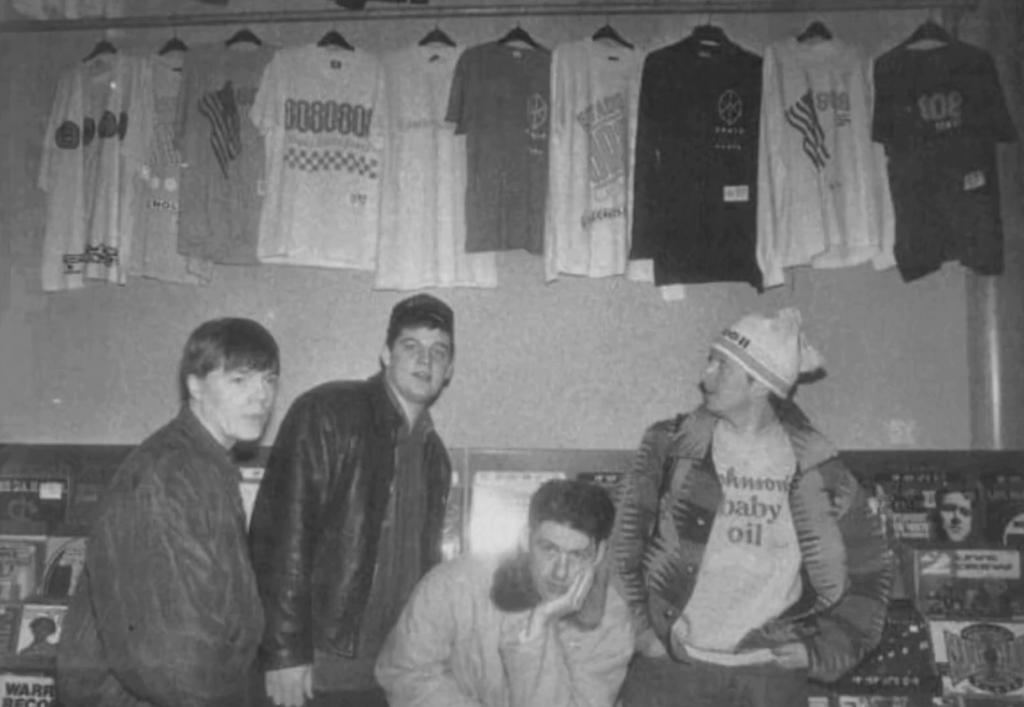
The one remaining co-founder aside from John Berry was Martin Price, who many agree was a good talker but a poor worker. His social skills were no hindrance, Eastern Bloc being a social hub where likeminded people could meet. Martin Price met a then 16 year old Gerald Simpson (A Guy Called Gerald) in the shop and this lead directly to Simpson’s introduction to Graham Massey. Massey, Simpson and Price would soon enter the studio together as 808 State to further explore the sounds of Detroit Techno they’d been hearing in Eastern Bloc. The result was the classic “Newbuild” album, released in 1988, which would go on to be regarded as a pivotal album in British electronic music and be reissued by Rephlex Records in 1999. Though Simpson would soon part company with 808 State, this was just the start of 808 State’s career and Martin Price duly left Eastern Bloc to concentrate on the project. *
‘Newbuild’ was released on Eastern Bloc’s own record label Creed, as was 808 State’s follow up, the 1989 ‘Quadrastate’ mini album, which contained the anthem ‘Pacific State’. Eastern Bloc’s label would release as many misses as it would hits in its short lifespan. *
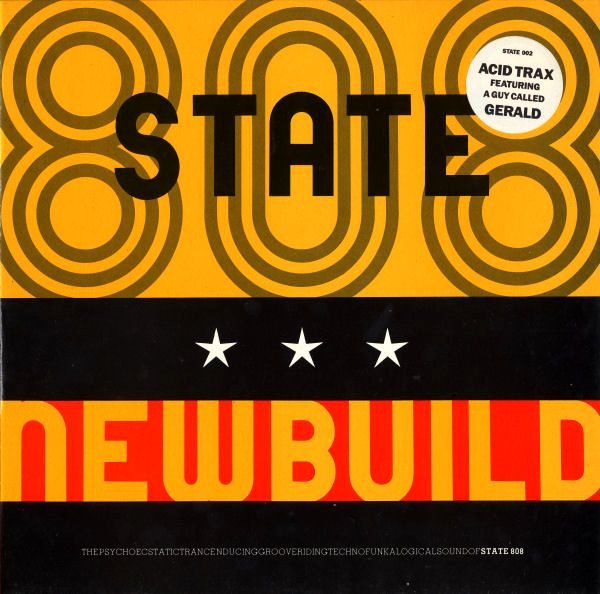
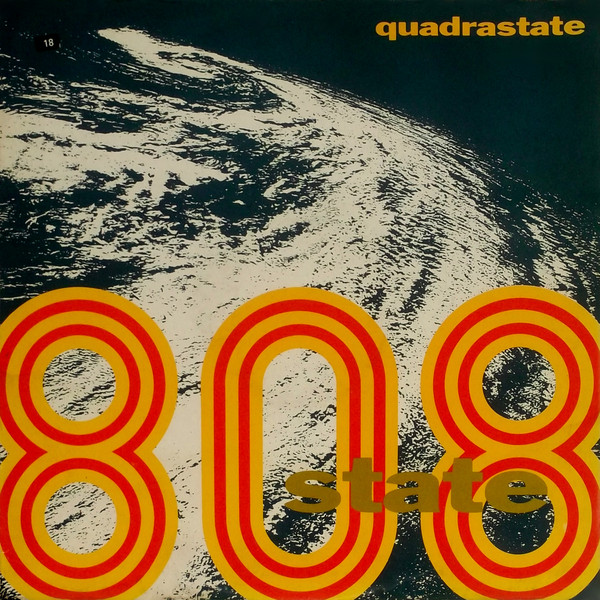
Eastern Bloc moved premises in 1991, directly across the road on Oldham Street from Afflecks Arcade, taking up two sides of its own store (with staff having to dodge buses as they transfered the sizeable amount of stock across the road by hand one Sunday).
In a move that would soon be echoed on UK dancefloors still fixated by electronic music, Eastern Bloc split their stock for the first time in their new, large premises. Instead of selling all genres across one counter, one side of the shop was devoted to rock, punk and indie (helmed by Rae Donaldson, now of Vinyl Exchange, and Mark Ward). The other side of the shop was devoted to dance music. *
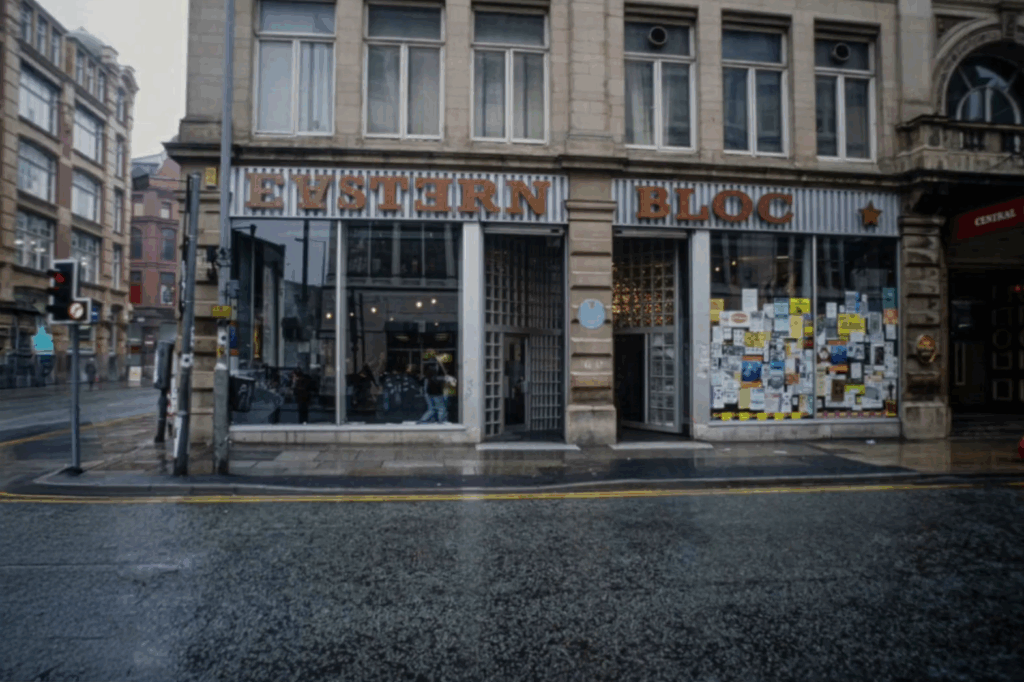
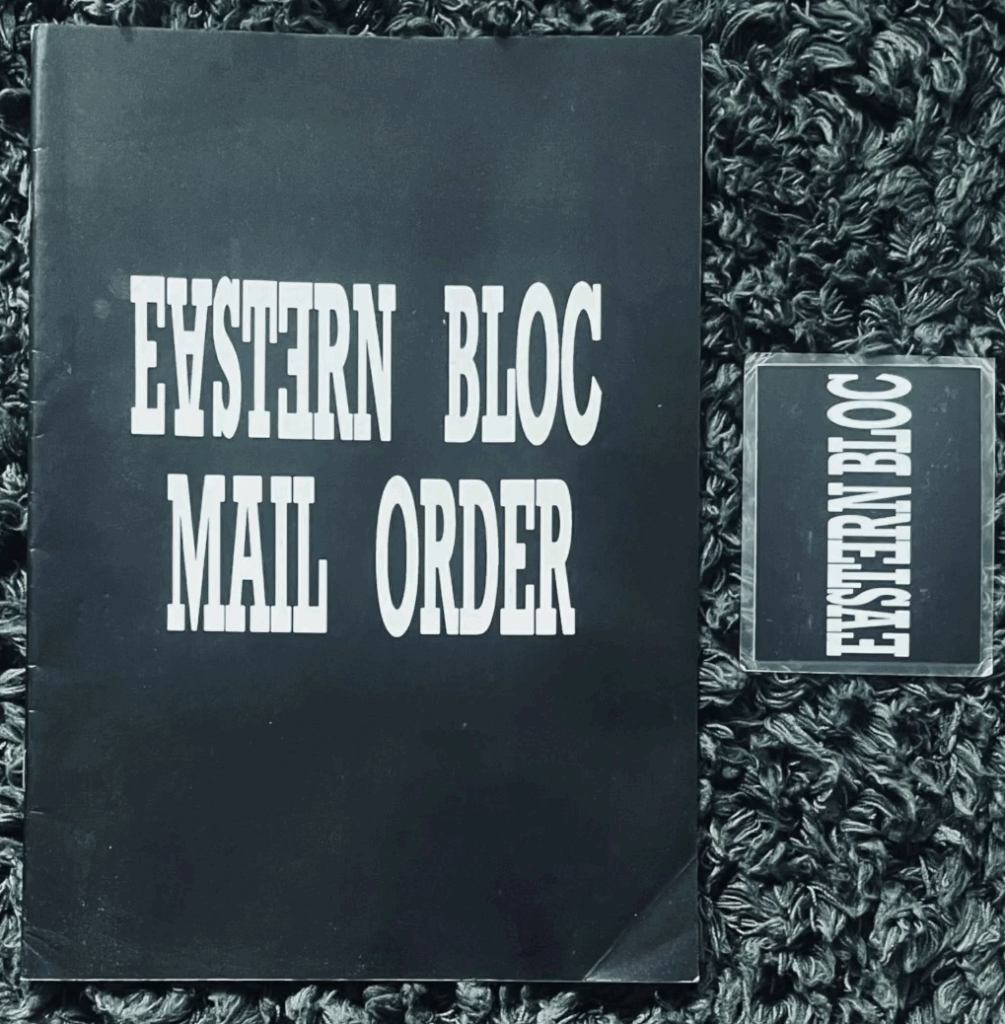
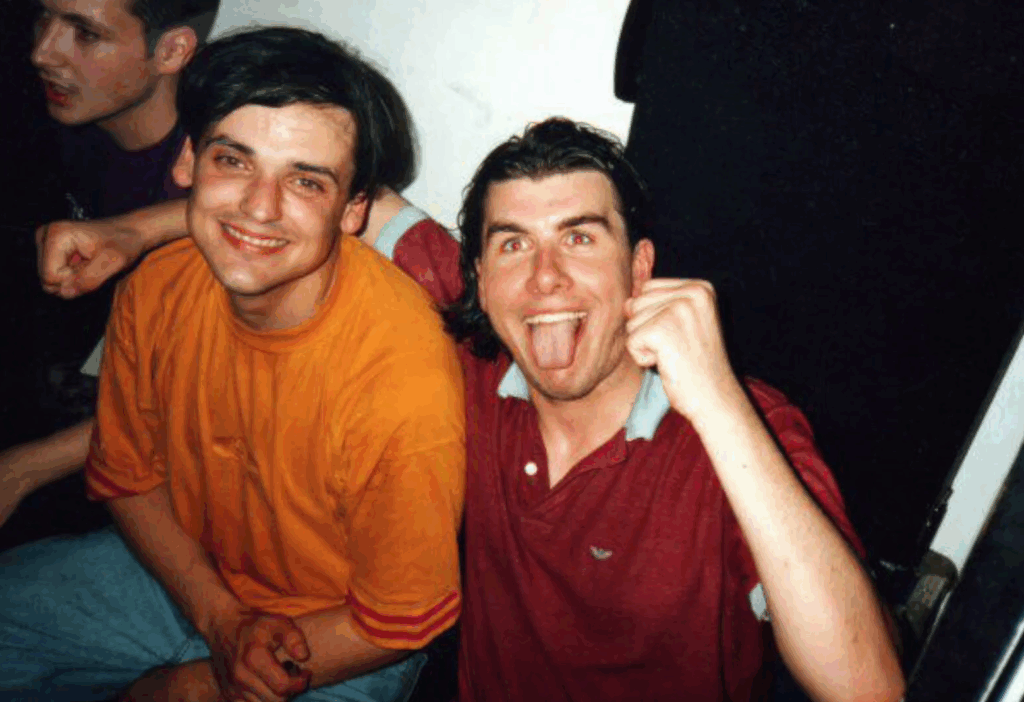
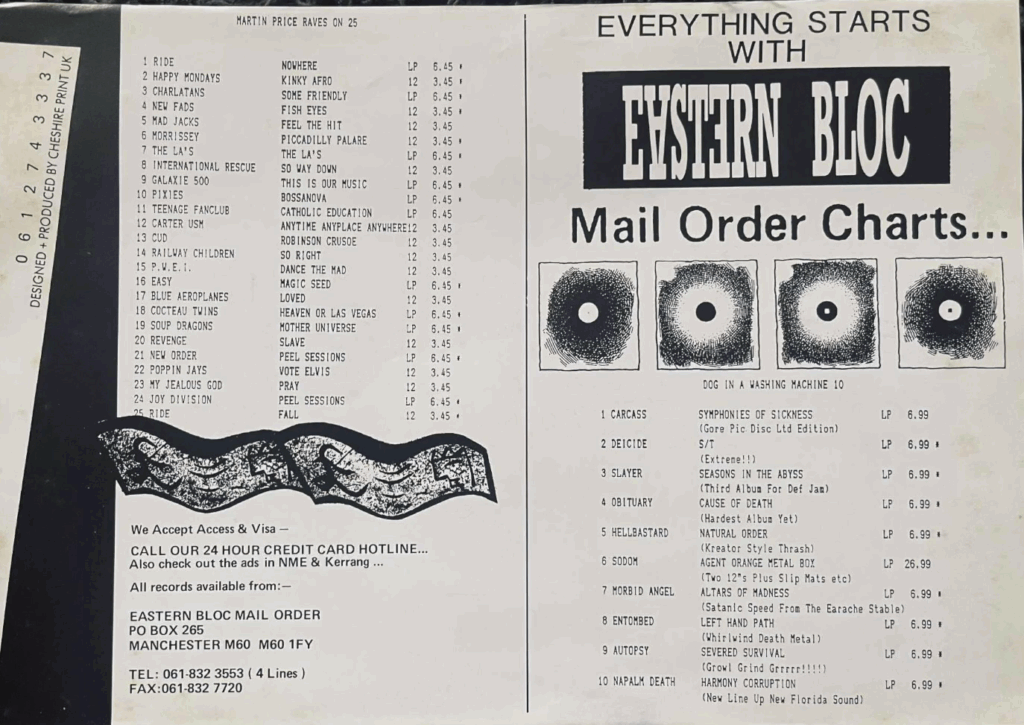
“The next big thing we were involved in was the illegal rave scene,” says John Berry. “It was the best scene to be involved in at that time. It was out of this world.”
“The rave scene supplanted the Madchester scene,” reckons Berry, who remembers attending his first event before the store had moved premises in 1991. “The first illegal rave that I remember happening around here was Blast Off. I couldn’t tell you exactly where, somewhere outside Manchester, maybe Blackburn way. We started selling tickets for these kinds of events. £20, no venue, you didn’t know where’d they’d be, there’d be a phone number on the back. Blackburn especially, that was the place to be, all the old mills there. *
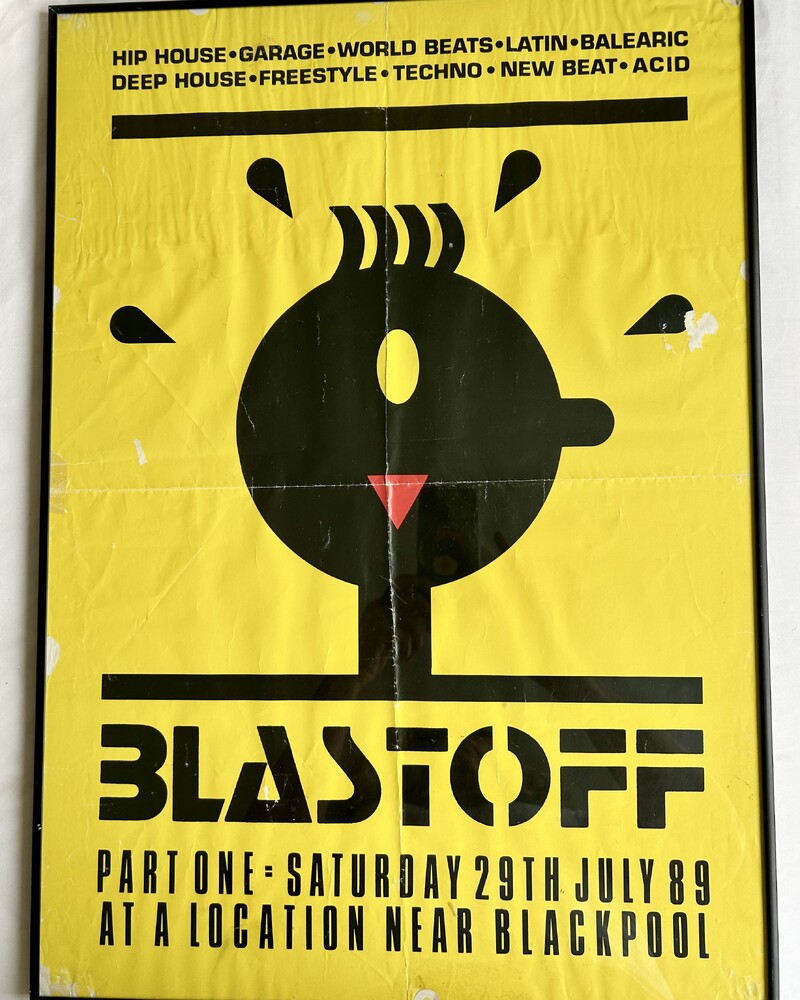
Every Saturday you could guarantee there’d be something on. People didn’t even know what was happening, they’d just meet at service stations and follow everyone else, big convoys of cars going from the motorway to country roads in the dead of night. DJs like Nipper, Steve Williams, Jon DaSilva and a full range of music being played. They might only last a few hours before the police would find out, but what are you going to do? There’d be 10 police officers on, working locally that night and 2000 people at the rave. That’s when the press got involved. “Look at all these drugged up people going to these warehouse parties!” and the backlash began. *
For us, this culminated in James Anderton taking us to court again, trying to stop us selling warehouse party tickets, basically trying to pin it on us, saying that we were organising these parties. We weren’t allowed to sell tickets for an event without an entertainment license. At that point we were selling tonnes of tickets. There were 5 shops involved in the court case and the other 4 just faded away, didn’t defend themselves. We got a barrister and it cost us £1000 for one day. We went to court and heard what they had to say and he came to us and said “You could probably win this, lads. They can’t really stop you, you’re not organising them. But it’s going to cost you thousands to win it because they could drag it out for four weeks” So, we just agreed to not sell tickets. To their faces anyway. We still did them.” *
Every member of staff that’s passed through the doors of Eastern Bloc over the years has arrived with a passion for music and left with a much greater knowledge of it. Some put this knowledge to good use by going on to make their own music, like Martin Price and Justin Robertson. Others, such as Mark Turner, Karl Roscoe, Marcus Intalex (who was already producing when he joined), Mark Mckinley, Richard Bithell (Moonboots) and Dean Wilson, used it in their roles as Djs. *
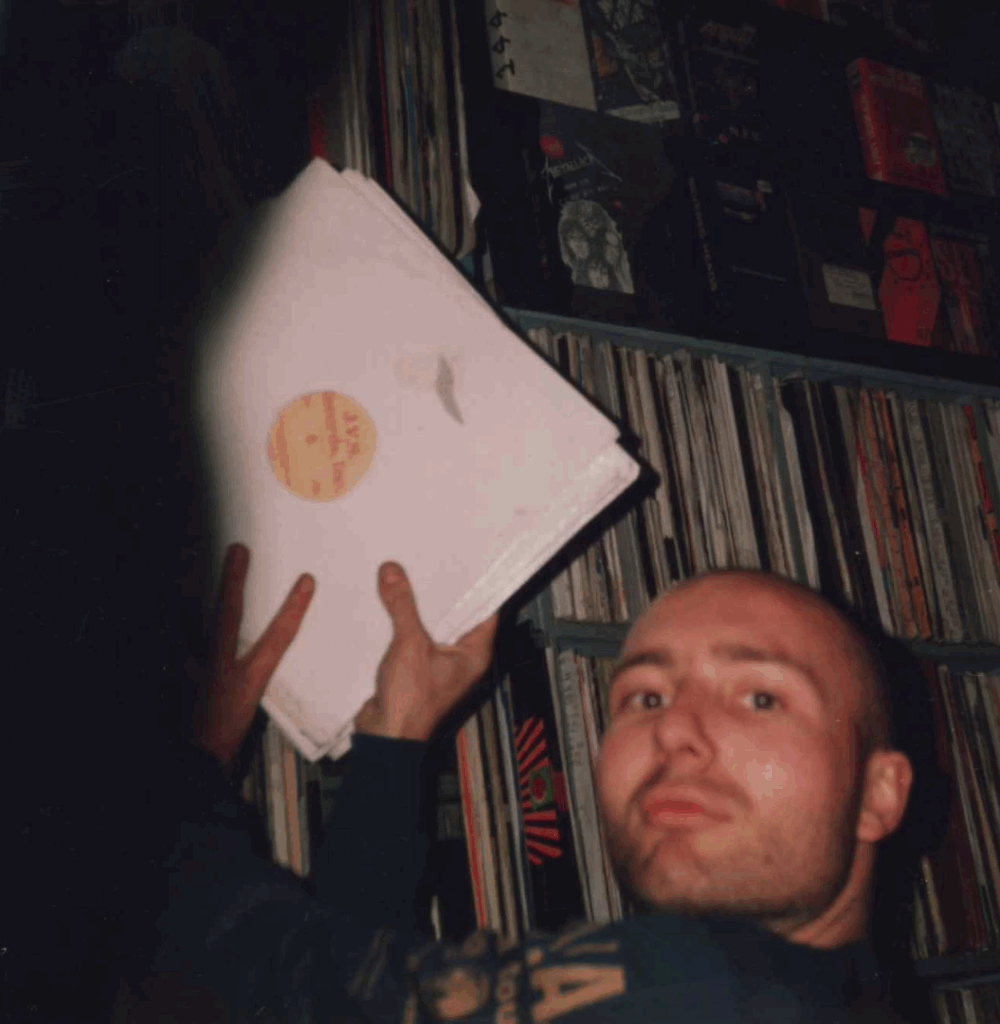
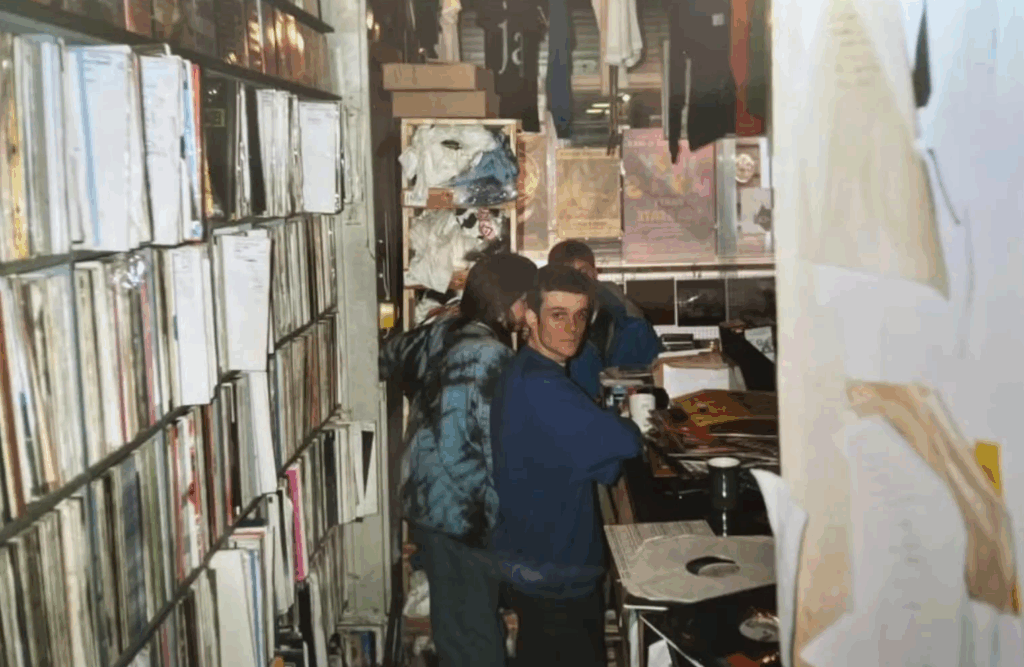
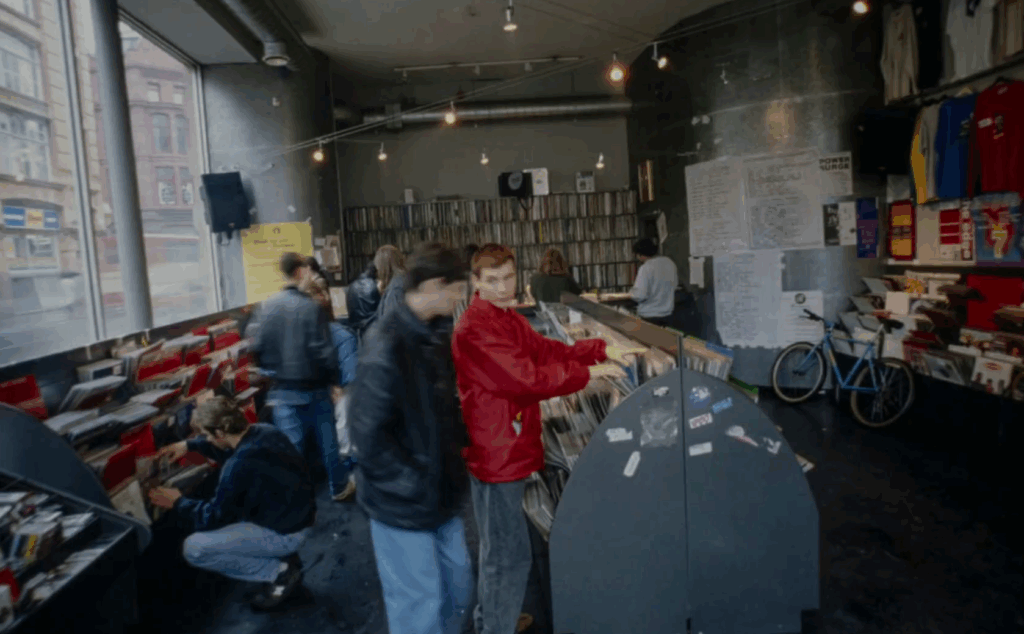
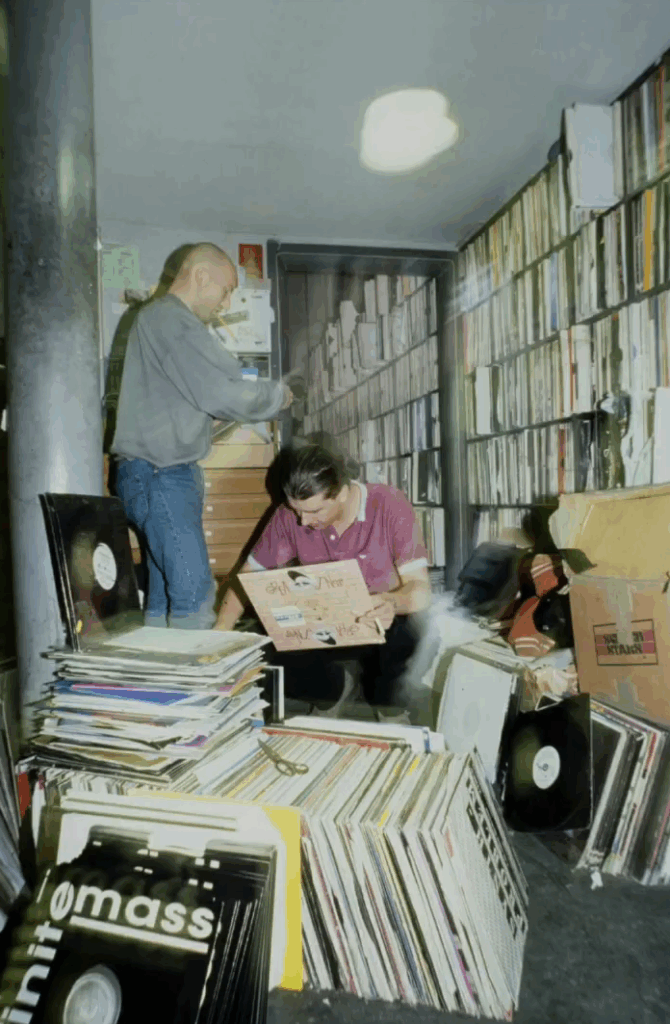
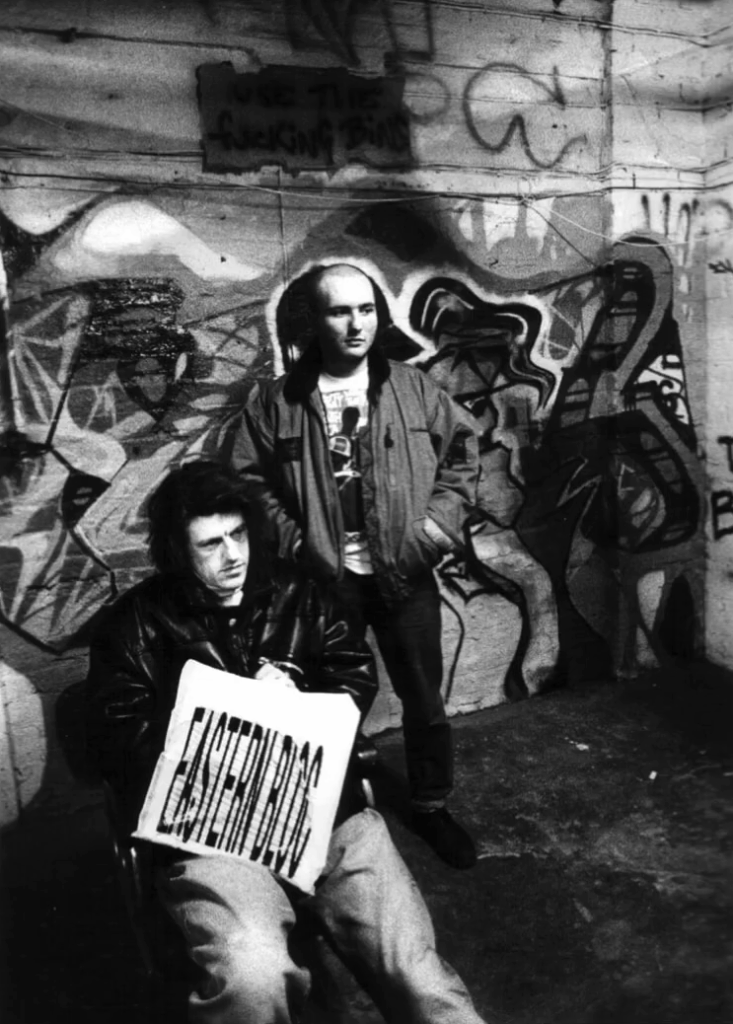
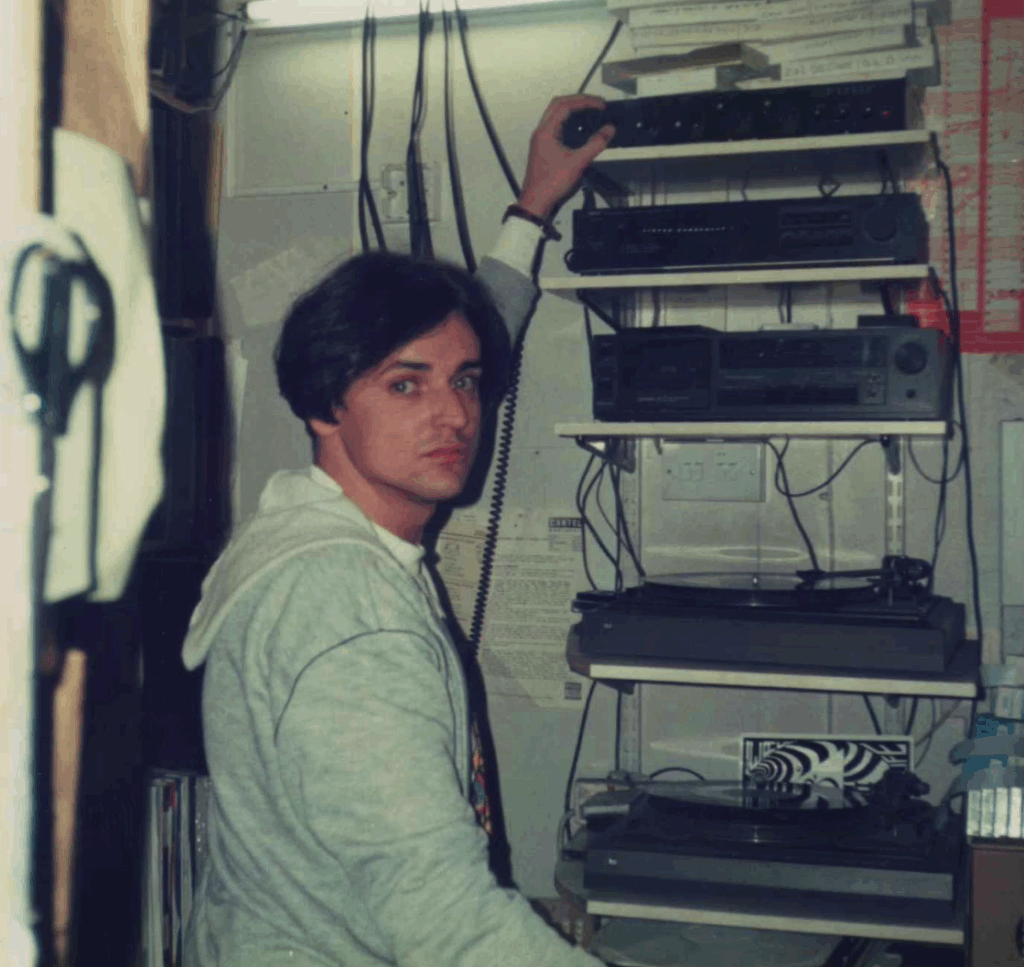
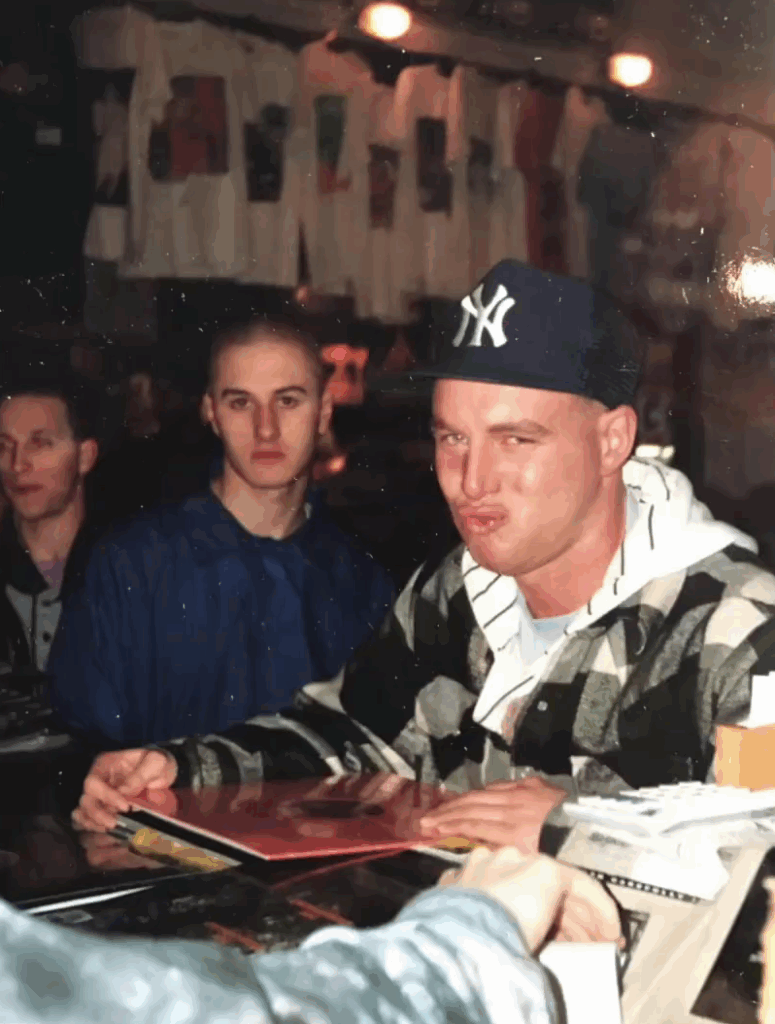
As the 1990s gathered pace both music and the club scene continued to evolve at a startling rate. As did the record selling business. The ever increasing returns that Eastern Bloc had been taking year on year since opening ceased and it became apparent that the store could therefore not continue under the business model it had held. A buyer was sought. *
“We had massive overheads,” says Berry. “We were paying £40, 000 a year in rent and we had over a million pounds worth of stock in the shop. My accountant came to me and told me we were fucked and the best thing to do, because we had built up such a big name for ourselves, would be to sell it and so there was a bit of an auction. It came down in the end to a choice between Neil Rushton, from Network Records, who we thought was perfect, but then Pete Waterman came in and gazumped them”. *
By the mid 1990s Pete Waterman was a well known local music mogul. As part of the Stock, Atken and Waterman team he had partly been responsible for countless chart topping hits and had helped launch the musical career of Kylie Minogue. He was also well known to be an aficionado of soul music (and trains!). Indeed, when he bought Eastern Bloc, one of his few intrusive directives for the shop would be to axe the then loss making rock/punk side of the shop and install a soul/R&B counter in its place. This would change Eastern Bloc from being the store it had always been. *
“Why he bought it? I don’t know,” says Berry. “I can only hazard a guess. It all went through his accountant. I’m not sure how much Pete actually wanted it. He ended up buying 10 shops in total, Unity in London, Beat Street in Bolton. We opened an Eastern Bloc in Leeds, Tracks in Newcastle, a couple in the Midlands. It wasn’t a bad time for me personally, I was the area manager of 4 or 5 shops and not that much really changed at Eastern Bloc. *
We made him a bit of money, although not a lot. We sourced Atlantic Ocean ‘Waterfall’ for him, which he made money from, a few others that we made him sign, a few others that he didn’t listen to us about. Sash ‘Encore Une Fois’ (a Europe wide hit), he said “I could make that”. Two or three years he kept the shop, then he just gave it me back.” *
In 1998 Eastern Bloc reverted back to being John Berry’s concern, Waterman also failing to make an old business model work for a series of vinyl shops in the age of CD sales. He simply signed it back over to Berry, partly as a reward for John’s service as a business manager, partly to keep the shop’s name alive and partly because Pete Waterman is a very decent man. *
“When Waterman gave it back to me, to make it more financially viable I rented half the shop out, just keeping one side of it to do the house,” says Berry. “The drum and bass thing was what kept us in sales for a few years after that. Late 90s. It really did take off,” says Berry, who employed figures like Karl Roscoe and Marcus Intalex as specialist sellers of the genre. *
“Tape packs were a big part of that scene for us as well,” recalls Berry. “That’s not perhaps the most interesting side of the Eastern Bloc story, but it kept us in business for so long. It was an absolute steal. Rave, garage and jungle. There was a good mark up on them and they were zero risk, because they were sale or return. That lasted until 2006/2007 and insulated us from any fluctuations in vinyl sales.” *
However, other diversifying tactics were missed.
“We missed the internet thing completely,” admits Berry. “We should have got on top of that, but never did. We were doing enough in the shop and didn’t see its potential. Those were our two mistakes; we should have done more with the label and we should have done more with the internet.” *
Eastern Bloc continued to trade on Oldham Street continuously until 2011, but with his residency at The Orbit having stopped in 2003, things were looking different for owner John Berry. His life’s landscape was about to change even further, in perhaps the worst possible way imaginable for a music enthusiast, record store worker and DJ. *
“I went deaf in 2007,” says Berry, “which obviously doesn’t help when you’re doing music. I didn’t work for two years and for a year of that I was completely deaf. I could have packed Eastern Bloc in then, to be honest. Without me, the owner, driving it, it became a bit wayward. I lost a massive chunk of the market, the techno, because I wasn’t there to order it or sell it any more.” *
“I lost interest,” he admits. “I couldn’t hear the music any more. I was questioning myself, thinking “what am I doing it for?” The shop we had on Oldham Street, the rents were just getting higher and higher and it got to the point where we were getting behind with the rent. We knew we had to move, looked at a few places, then a guy from Soup Kitchen spotted this place for us. I thought it was a bit off the beaten track, so it would be tricky.” *
The gentrification and redevelopment of Oldham Street and the now named Northern Quarter was no doubt catalysed by independents like Eastern Bloc turning the area into the hip hang out of the late 80s and 90s. This rise in popularity ironically helped cause the exact rent increases that would force Eastern Bloc off Oldham Street. But the resulting gentrification would also nevertheless offer the store a new lease of life, as the movement had spread beyond Oldham Street and hit the nearby Stevenson Square area Berry initially thought too out of the way. Though no longer on Oldham Street, the new premises of Eastern Bloc has not struggled for trade, although its business model has now changed dramatically. *
“We’d had the idea of doing a coffee shop before, at the old shop, but we just didn’t,” says Berry. “But when we moved we thought we’d try it, so we had something to fall back on if we lost any of the customer base.” *
Eastern Bloc closed on Oldham Street in 2011 but within two months began trading again under its new model, and in its nearby new location, as a vinyl cafe and fully licensed bar.
5A Stevenson Square, Northern Quarter, Manchester, M1 1DN
Website: https://www.easternblocrecords.com/
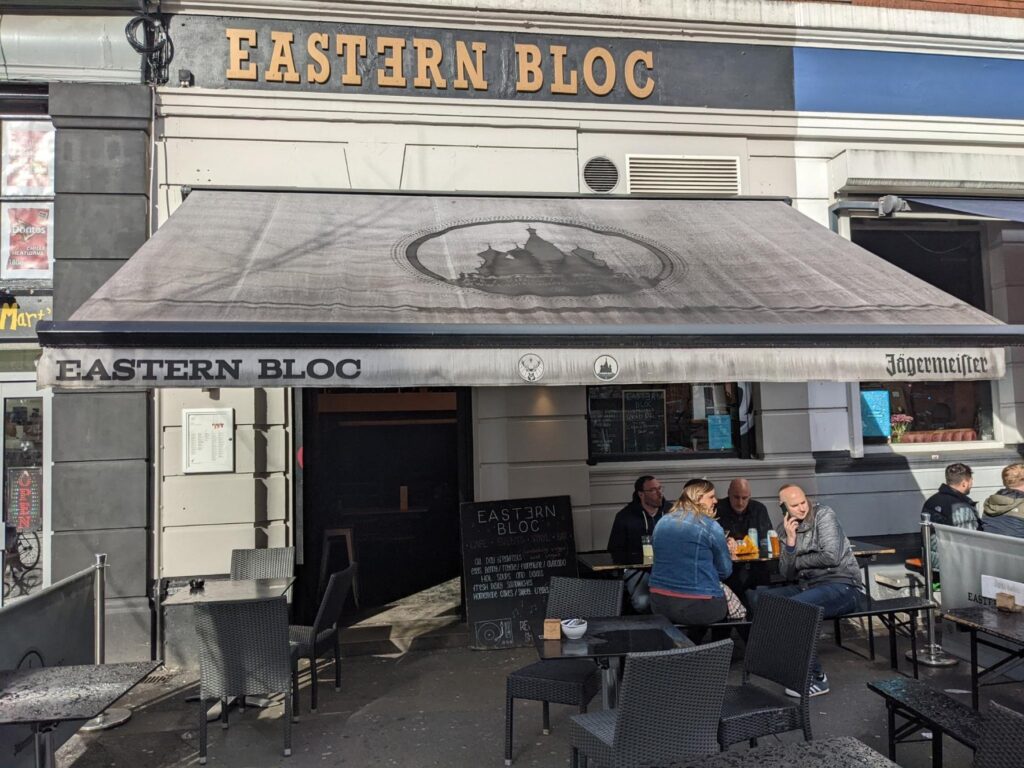
Previous members of staff include;
John Berry, Martin Price, Mick Power, Paul Ireland, Mark Ward, Mike Kirwin (Mike E Bloc), Justin Robertson, Nick Grayson, Andy Ellis, Guy Oldhams, Rae Donaldson, Richard Bithell (Moonboots), Rick Blaze, Paul Huggit (Huggy), Dean Wilson, Dave Booth, Sefton Moteley, Errol Phipps, Mark Mckinley Marcus Julian Kaye (Intalex), Matty Engin, Mark Turner, Martin McNulty (Nasty), Karl Roscoe, Chris Clapperton, Jim Spratling, David Muirhead, Stefano, Will Arnoldo Smith, Stephen Elkins, Andrew Boden (AnD), Simon Tonkinson, Ben Marsden, Kerrie Anderson.
Eastern Bloc continues to trade and turns 40 years old on the 26th July 2025.
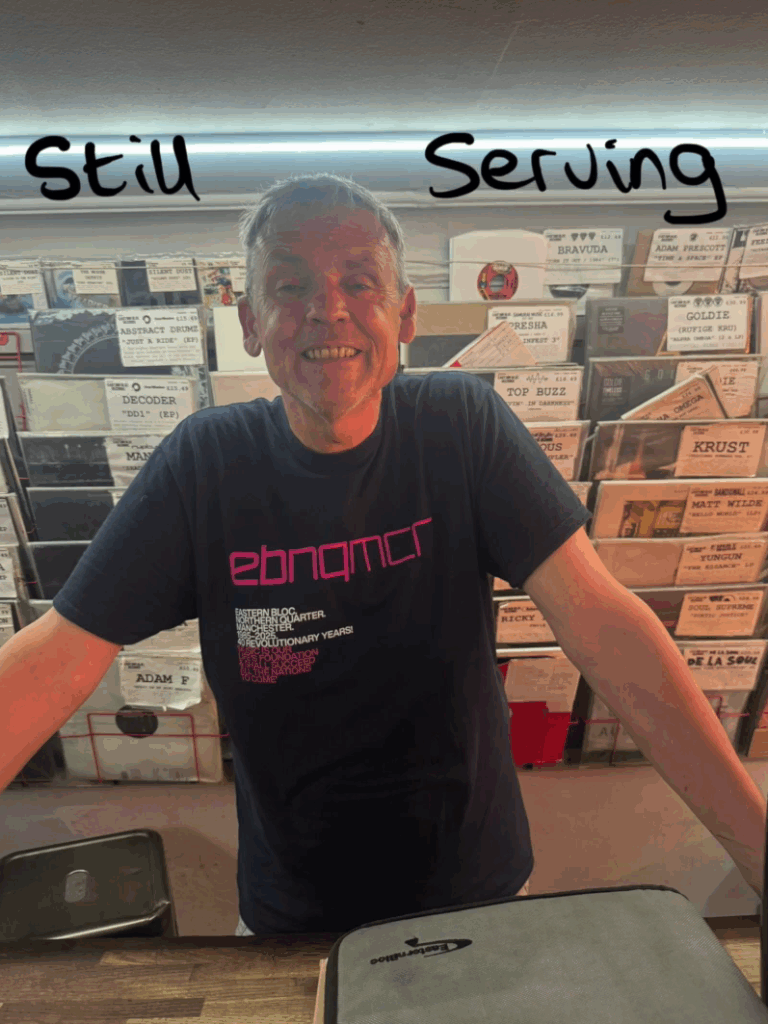
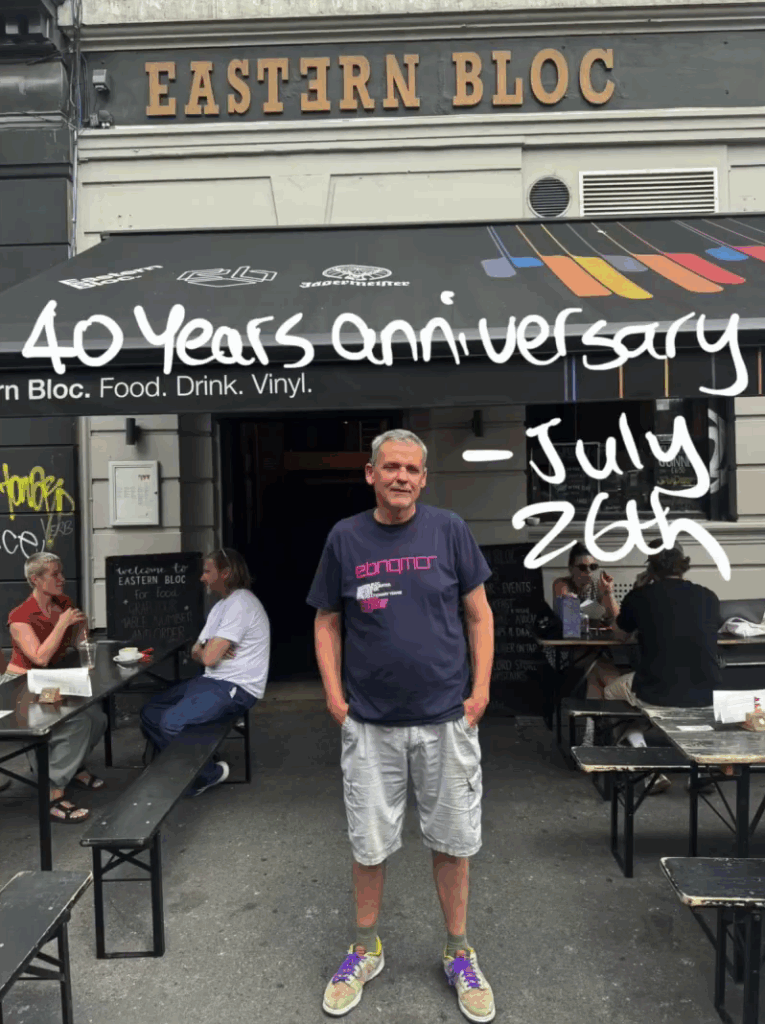
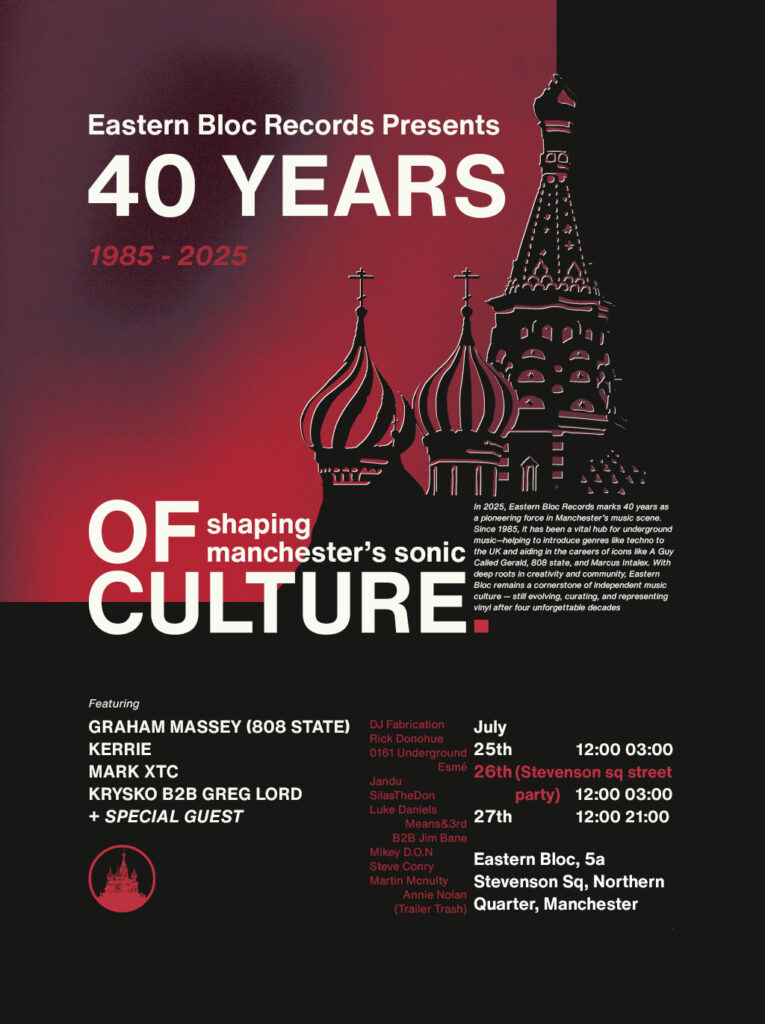

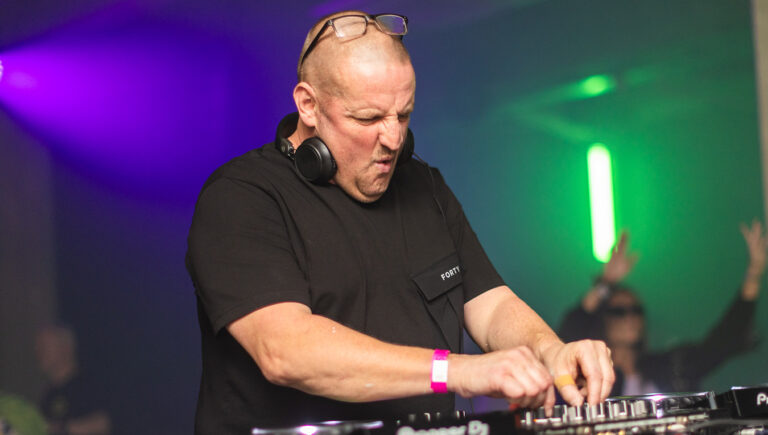

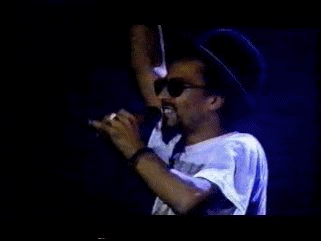
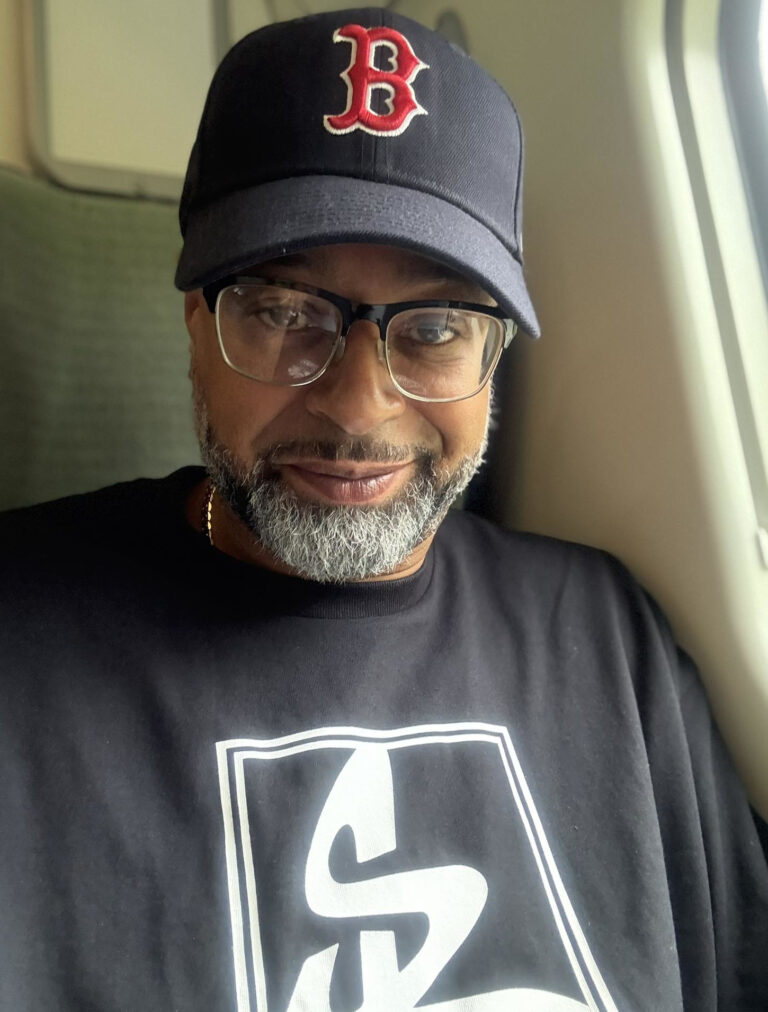
1 thought on “Eastern Bloc”